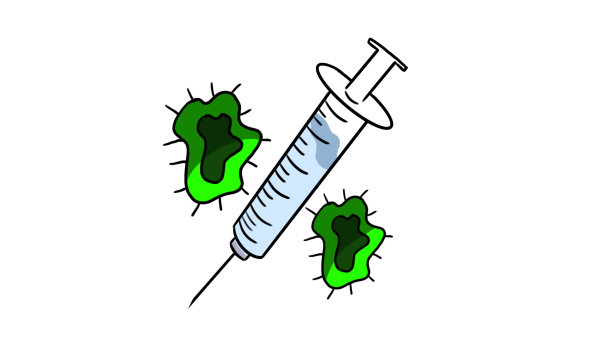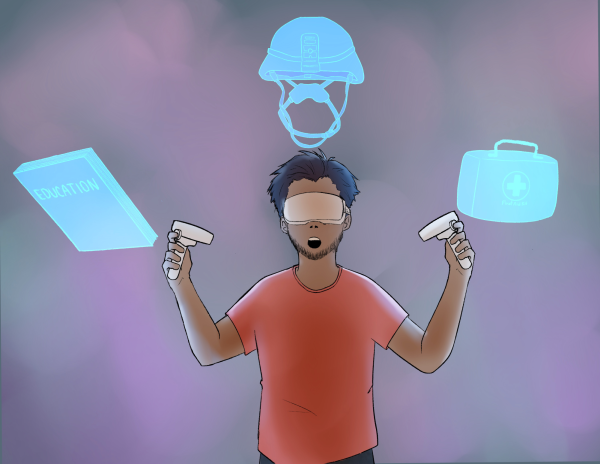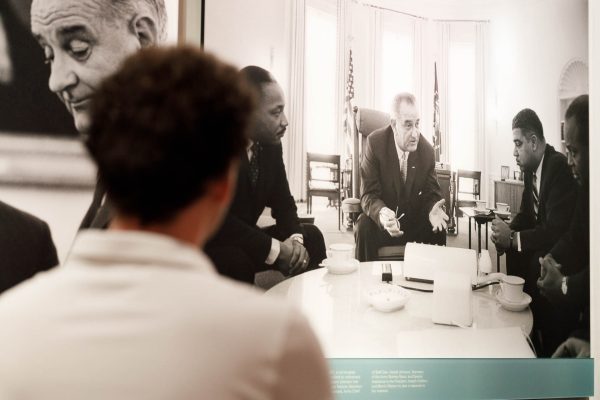Health care debate remains confusing for most Americans
Most people have an opinion about 2009’s health care act, if even a confused one. I knew a columnist who was pushing for this reform years before it happened. I also knew a woman who thought that the act authorized killing newborn babies. You could say I hang out with a mixed crowd, but we definitely have confusion over the Patient Protection and Affordable Care Act in common.
Congress is back in session and the Republicans in the House have made health care its first order of business. They want it repealed immediately but the Democrats in the Senate want to keep it, and neither seems to be getting very far.
The strange thing about the act is that everyone had something to say about it, even when no one was sure what it said. If you already liked it, you probably thought it was a human rights victory in the making. If you didn’t like it, perhaps you worried it would give the government dangerous powers.
The old bill lingered seven months in the Senate. Political ads so flooded the airwaves that you might have thought it was an election year. After all that, how can millions of us still be unclear on the act?
The pundits’ rhetoric was tainted by political agenda and impossible to trust. The congressmen debating the bill weren’t much better. Speaker of the House John Boehner, R-Ohio, gave his “Hell No” speech against the bill, saying that it would defy the will of the people. “But we have to pass the bill,” said Rep. Nancy Pelosi, D-Calif., “so that you can find out what is in it.” Some parts won’t take effect for 10 more years.
It’s a shame when something that stirs so much sentiment remains so hazy. Only one source remained for information about the act: non-partisan news. Some people call this “doing your homework.” You hunt down a description of the bill untouched by tones of heated opposition or unthinking agreement. The details of the act shouldn’t be so inaccessible, so check the sidebar for a sampling of excerpts from the bill.
The text of the act isn’t something to jump for joy over, but it doesn’t feel like the descent of the Iron Curtain either.
The end of the pre-existing condition might be nice. I knew people who donated organs or suffered terminal diseases whose health insurance disqualified them when they needed it most. As for the shrinks and expansions of Medicaid and Medicare, they seem like they will give fewer benefits—but to more people. The law passes much of the decision-making power to individual states, which doesn’t quite come off as a federal takeover.
Then there are the increased taxes on the rich and welfare for the poor. Frankly, that’s what they are: redistributions of wealth. Whether or not that makes the act Bolshevik is for you to decide.
The reforms are expected to cost $940 billion. However, the budget cuts and taxes are so huge that the act reduces the deficit. According to the Congressional Budget Office, it will save $140 to $230 billion this decade. Although the GOP has relied on CBO reports for previous health care bills, it now insists that those numbers are exaggerated.
Today we face the Republican challenge to Obama’s reforms, entitled the Repealing the Job-Killing Health Care Law Act. The GOP has four committees deliberating reform, and in his State of the Union, President Obama said that he was “willing and eager” to work with anyone who wanted to “improve” it.
Of course, the president could wield the veto against the repeal. If the Republicans propose changes instead of repeals, Obama just might change his mind and the act. Either way, I hope that the American people will hear the details of the act this time around.











